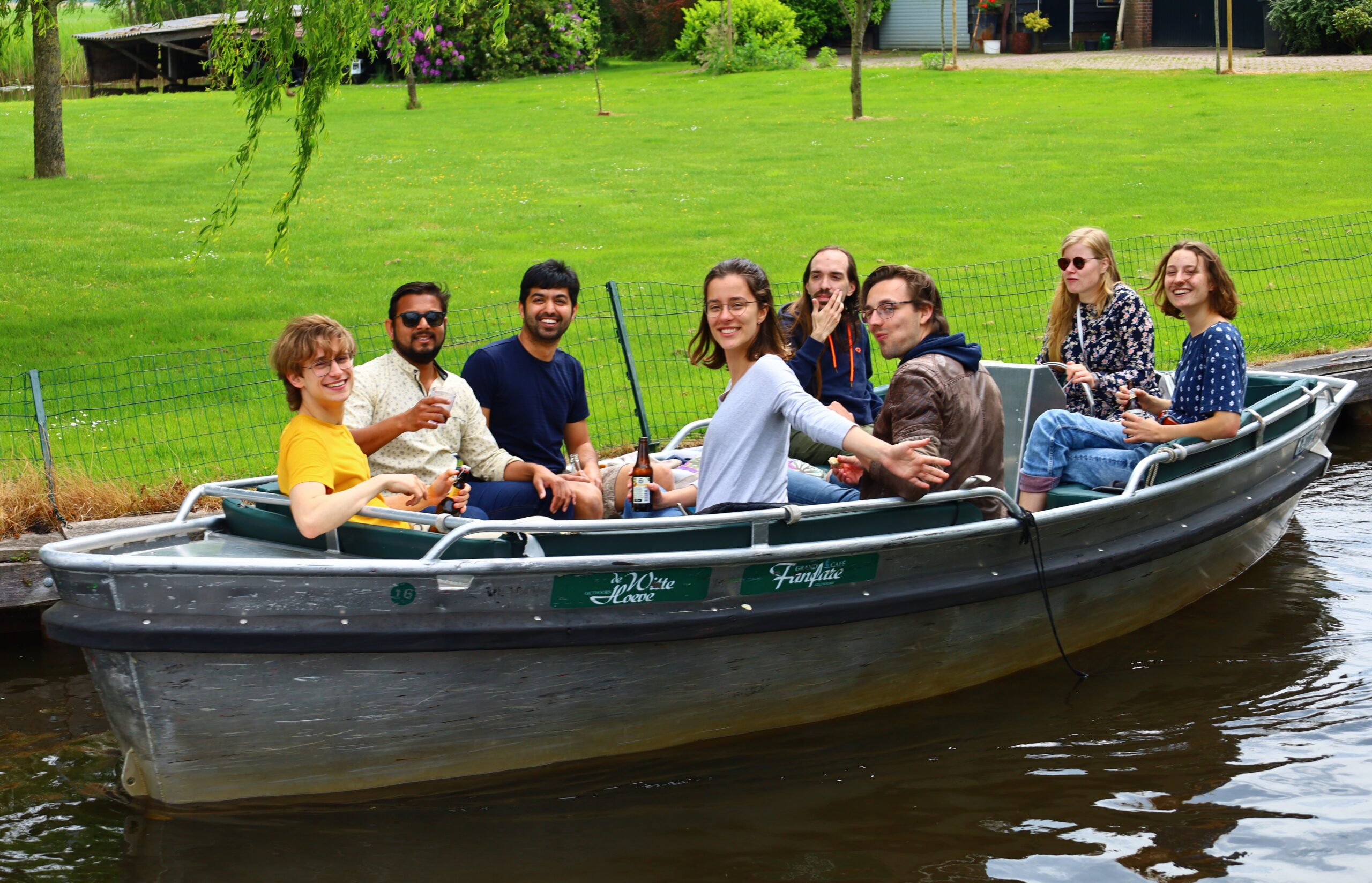I teach several courses at WUR related to synthetic biology and soft matter; below are brief descriptions.
ABC: About Building Cells
As laymen, and as scientists, we have always pondered upon the questions, “What is life? Can we create life-like systems?”. Recent years have seen a tremendous interest from diverse scientific communities to build artificial systems, using basic molecular components, that are capable of mimicking vital characteristics of living systems. Such synthetic cells are having a huge impact on deepening our knowledge about cells as well as in developing real-life applications (from chemical nano-factories to drug delivery systems). ABC introduces you to this new and exciting realm of synthetic biology. It will give a different perspective on living systems from the context of bioengineering and stimulate you to think about what it would take to build a cell. This interdisciplinary course will cover a broad range of interconnected cellular modules, such as compartments, growth, division, motility, metabolism, and genome editing. Using state-of-the-art examples in science and technology, we explore building artificial biosystems. The course begins with a series of interactive lectures, including guest lectures from experts in their fields. This is followed by individual student presentations on concepts/ideas that inspired you during the lectures. Lastly, you will work in groups to design your very own research project on synthetic cells. A special focus will be put on effective scientific presentations and personal feedback will be given throughout the course.
When: Period 1 (3 ECTS)
Role: Course coordinator, lecturer, examiner
DM: From Molecule to Designer Material
The use and availability of materials has shaped our society for centuries. From the bronze and iron ages of the past, to the silicon age of the present, material science has driven technological and societal changes. Materials of the present are increasingly formed from polymers as building block. This course will present an inspiring overview of the state-of-the-art in designer materials, ranging from the latest advances in DNA nanotechnology, biotechnology, and polymer engineering; for example: the use of biobased building blocks to new materials such as ultra-tough polymers and adhesives, and development of novel medical materials. For all of these topics, we seek inspiration from Nature, to learn how Nature designs its functional (nano)materials and extract design principles to work towards synthetic materials with new and unique properties, designed from the bottom up. To do so, this interdisciplinary course, will encompass aspects from chemistry, material physics, engineering, biotechnology and biology. In addition to the lectures by teachers working at the frontiers of this field, you will work in groups on designing your own material of the future. A special focus will be put on communicating your design to the world through new (social) media approaches.
When: Period 1 (8 ECTS)
Role: Lecturer, group mentor
ASM: Advanced Soft Matter
Soft matter is the study of materials that are neither solid, nor liquid. They are somewhere in between. Examples of such materials can be found everywhere around us: food products, soaps, gels, paints, and almost all biological materials. Characteristic of these materials is that their structure and dynamics at the microscale are dominated by thermal fluctuations. In this course we will show how the balance between these thermal fluctuations and the interactions between molecules can lead to complex structures and mechanical properties at a larger scale. Topics include: thermal motion and diffusion, linear and non-linear mechanics, adhesion and friction, liquid interfaces, wetting, gels and virus assembly. Special attention will be paid to modern developments in soft matter research and to the relevance for practical areas such as food science and nanotechnology. The course consists of lectures and an experimental research project, on a topic that is closely related to the research in the department. The research project is done in small groups of 2-4 students.
When: Period 5 (6 ECTS)
Role: Course coordinator, in charge of the lab practicals
Many of the students following these courses do a bacherlo/master thesis with us. Check out the Join us! page to get a glimpse of the thesis topics offered!
